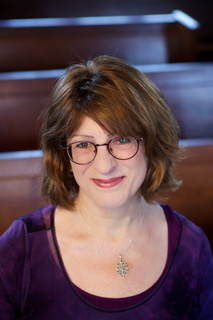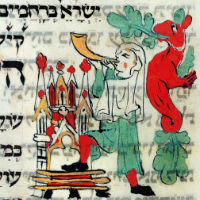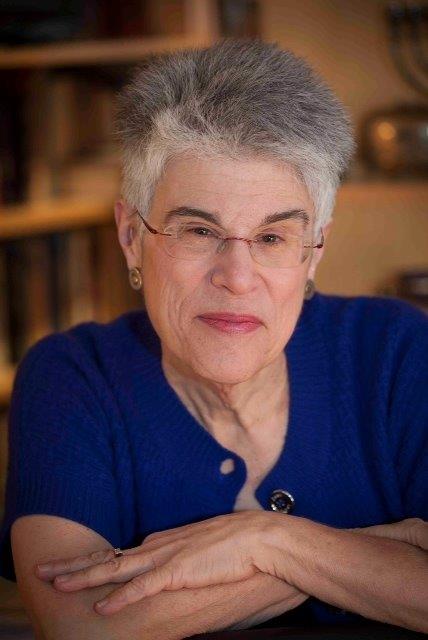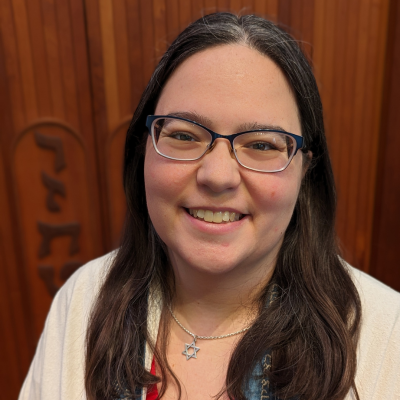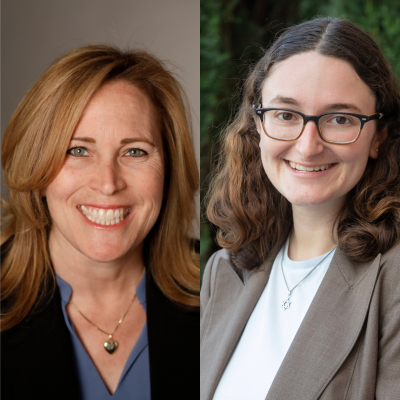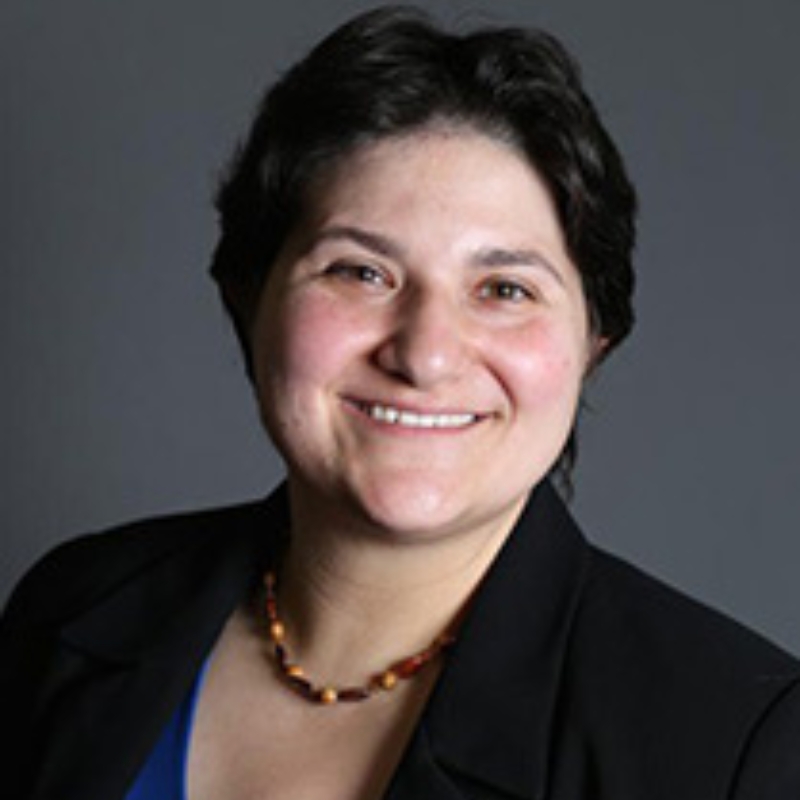A Mirror For Our Giving
My sister is developmentally disabled. Although she is very high functioning, she still needs a lot of support, including financially. She is able to live independently and, until two years ago, was fully employed. She is approaching 60 and, as she ages, her increasing physical issues affect her functioning. She was laid off from her...
read more


